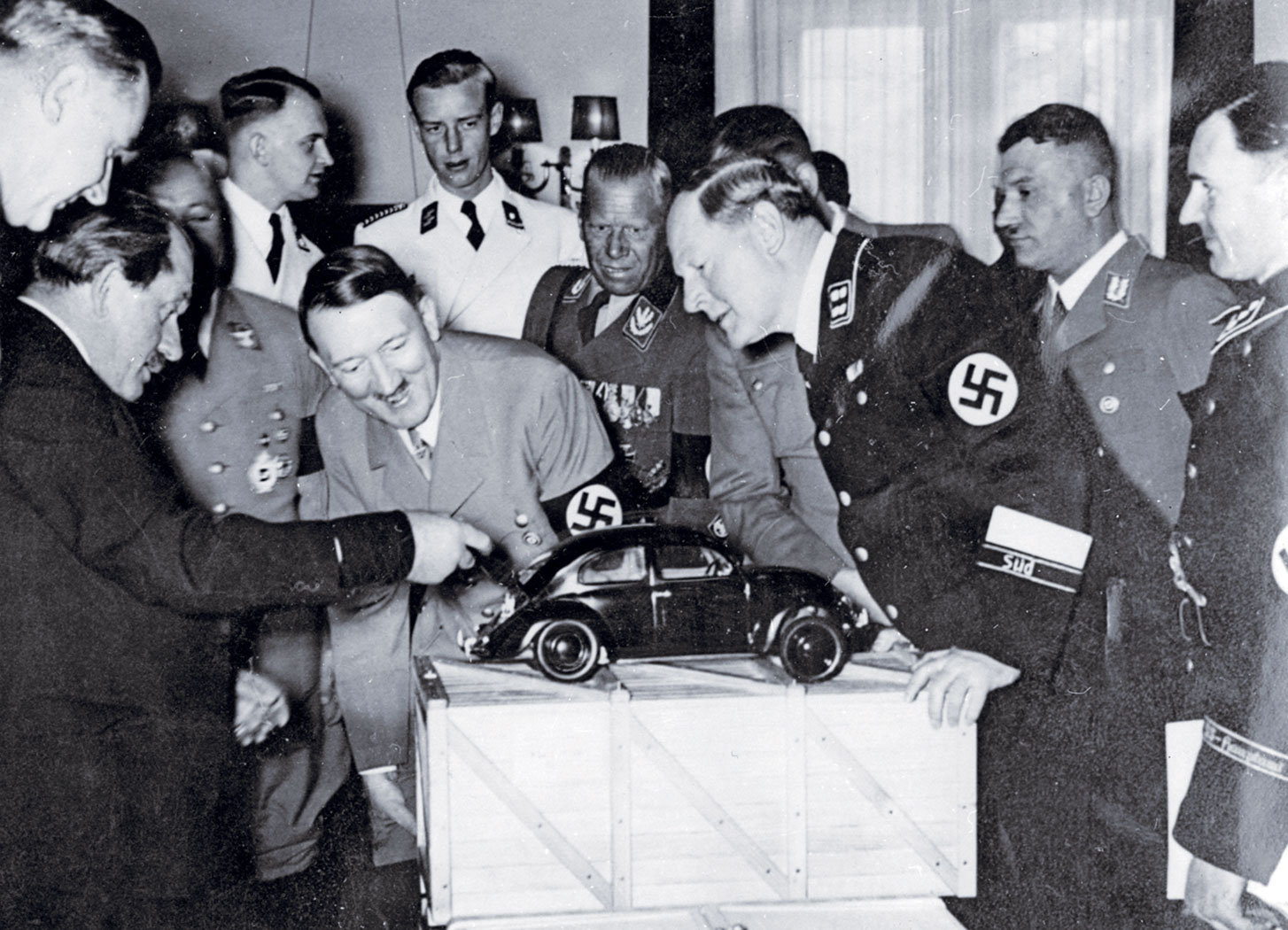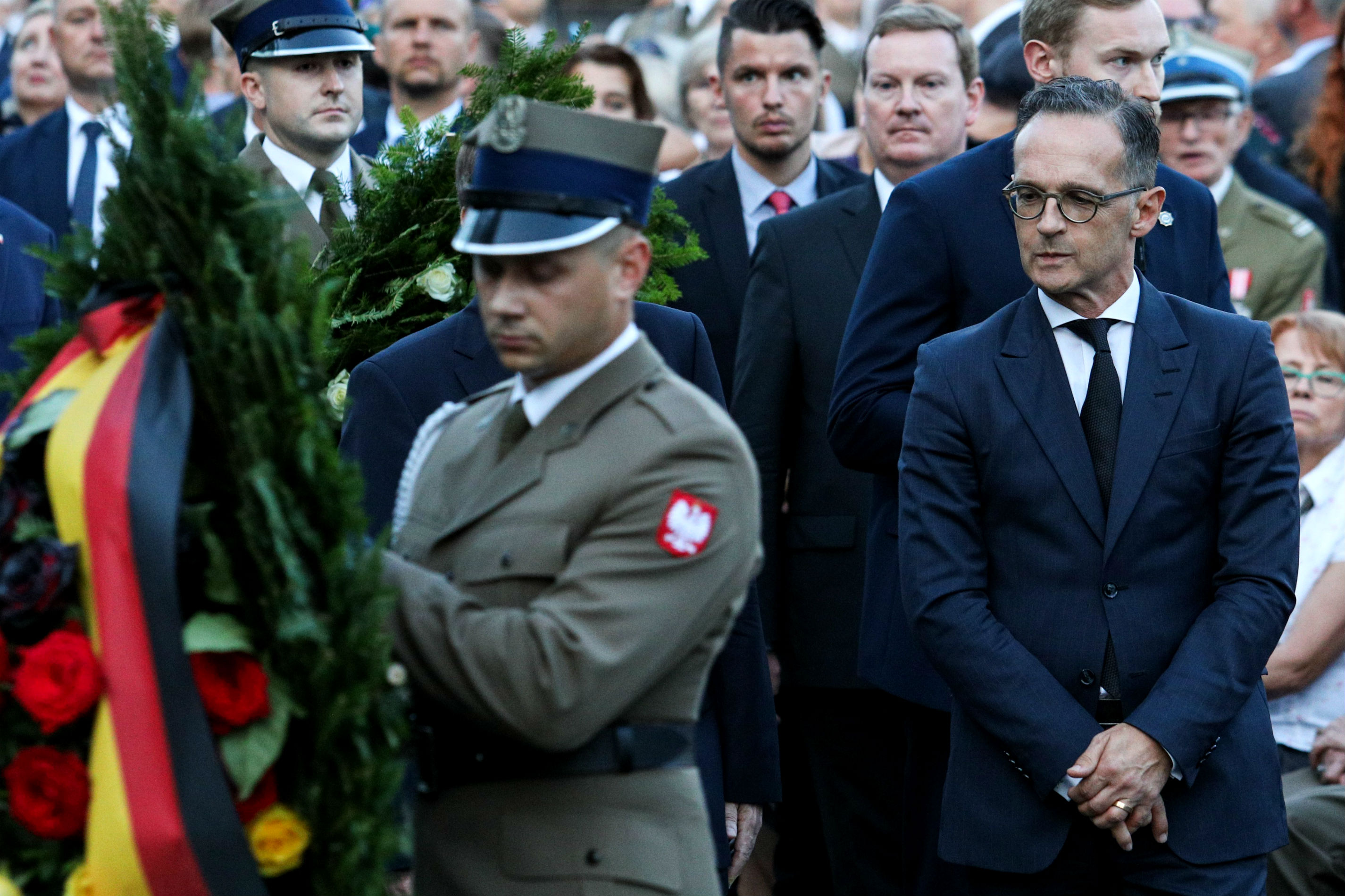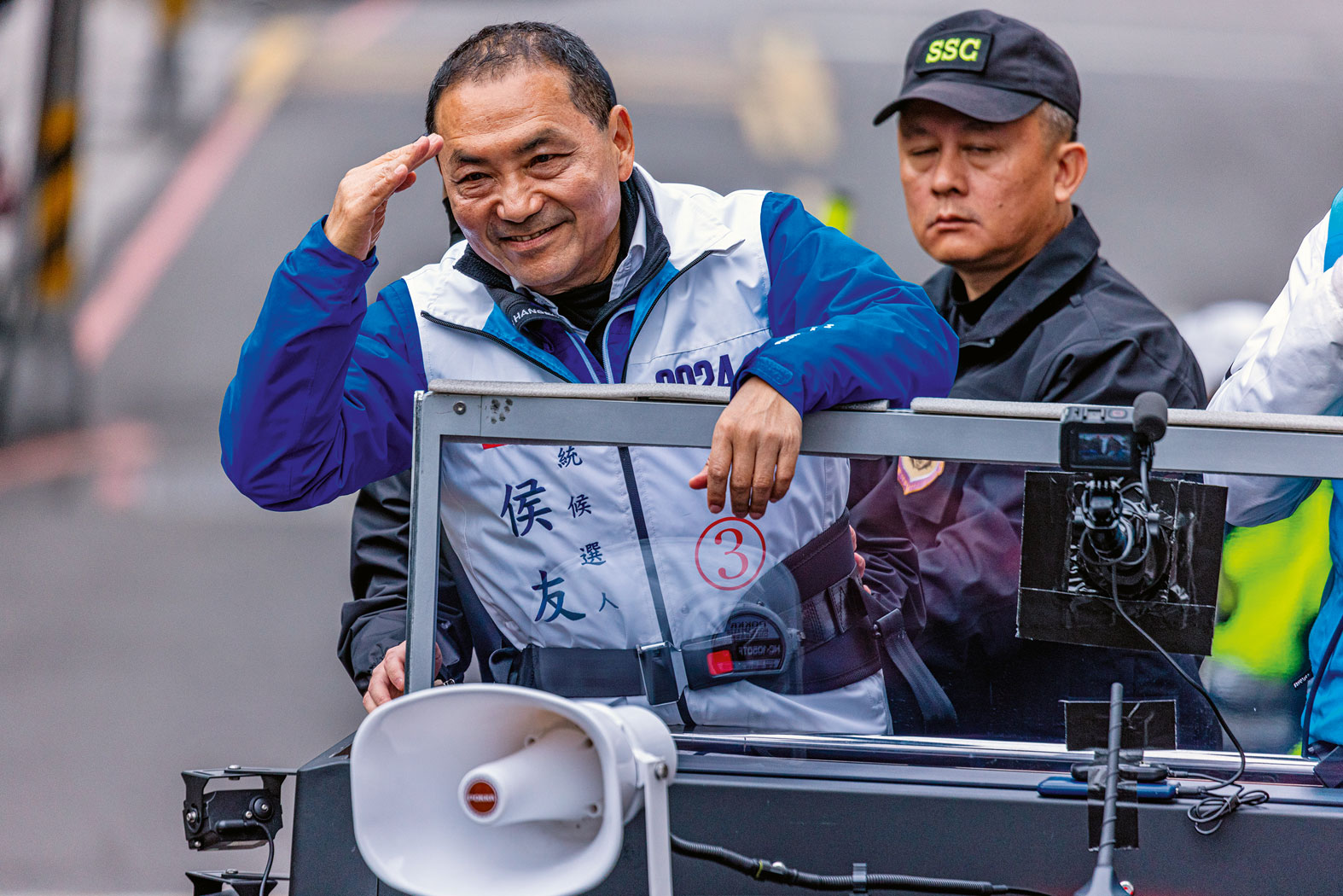In the first half of the 20th century, the German elites failed. They provoked two world wars, supported the totalitarian regime and maintained it until the end. They are therefore complicit in his crimes and should be completely removed from power after the war. This was the common belief in May 1945.
Loyal promotion. The social practice of Nazism deviates from stereotypes. Krupp did not support Hitler until 1933, Fritz Thyssen emigrated, Bosch was associated with the resistance movement, but Siemens, in turn, enthusiastically supported him. Contrary to the communist thesis, Nazism was not a conspiracy of big capital, its social base was both an immense part of the working class, the best organized in Europe, and a large part of the Wilhelminian elites.
Nevertheless, Nazism was a revolution. It ravaged German society, destroyed old Europe and, above all, in Germany itself, it caused the replacement of political elites. Despite the presence of famously named figures, Junkers and industrialists at the top of the Nazi state apparatus or in the SS, Nazism in the Weimar Republic was above all a movement of the frustrated petty bourgeoisie and intelligentsia declassified. They belonged to the veterans of the NSDAP, and after 1933 they were promoted to leadership positions in the state and became left-wingers and kreisleiters of the party. In 1934, by assassinating the leaders of the SA, Hitler put an end to the spontaneous street revolution and directed the entire dynamic towards the modernization of the state and the economy for the needs of domestic expansion. The new elites supported him without reservation, even if, until 1944, the Nazi state left room for oppositional attitudes, from internal emigration to weak – but reported – protests from religious circles, including groups of resistance in the army and diplomacy.
During the twelve years of the Third Reich, there was a subcutaneous generational shift within the Nazi elite. Although key positions were still held by the same group of movement leaders who came to power in 1933 – Hitler, Göring, Goebbels, Himmler – by the end of the 1930s, a generation of well-educated and trained Nazi power technocrats began to occupy key positions. influential positions.







